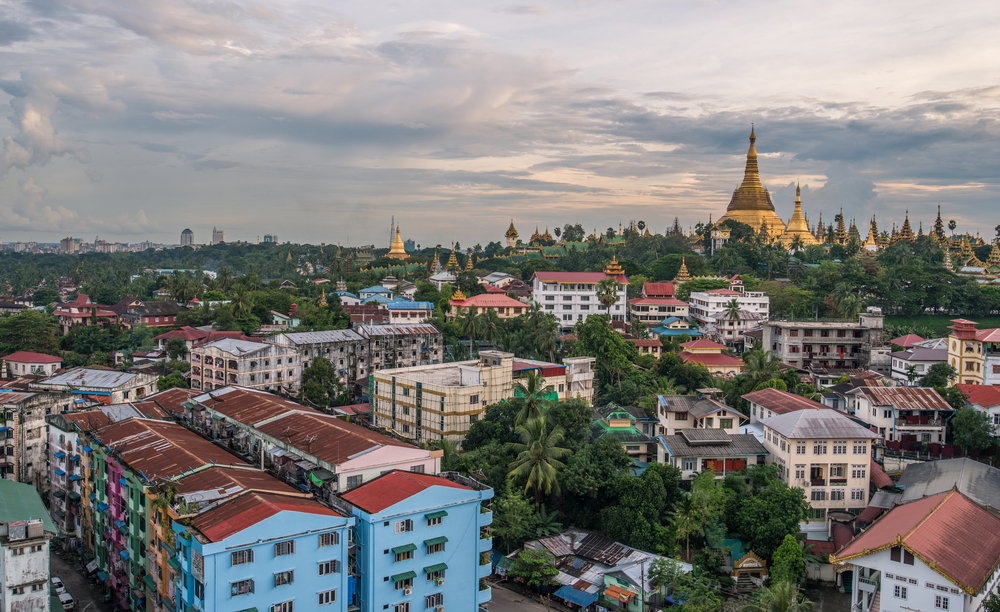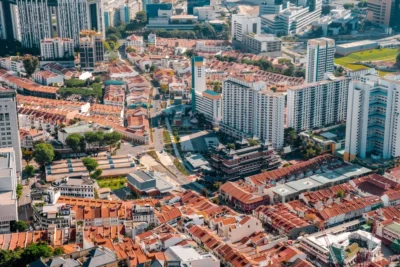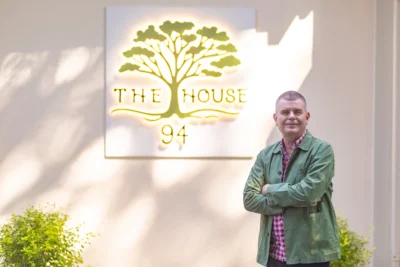Yangon government plans 6,000 residential units for squatters
More than 1,000 units have already been built across various townships
As reported by The Myanmar Times, Yangon Region Government is collaborating with social welfare organisation Pyo May Eain in building 6,000 residential units for squatters, at MMK3 million (USD2,259) per tenant, stated director of Pyo May Eain Daw Van Lisa Aung.
“Over 1,000 units have already been developed in Shwe Pyi Thar, Dagon Myothit (East), and Dagon Myothit (South) townships. 1,000 units will be built in six townships and a further 5,000 will be built afterwards,” she added.
The finalised units have been handed over to residents that can make monthly repayments to purchase.
Units are offered under a collateralised debt obligation (CDO) system for groups of 10, in which payments were in forbearance during October to December 2020 due to financial problems from the pandemic.
More: Pandemic unmasks fundamental challenges in Myanmar market
Construction had been suspended for the time being, but development works will recommence by the end of January.
The project blueprints reveal that small units of 12 by 35ft and 15 by 40ft will be constructed on 30 by 50ft plots of land.
The most expensive units are priced at MMK3 million (USD2,259), and residents are required to make repayments of MMK50,000 (USD37.66) per month over five years. Buyers may not sell, sublet, or rent such properties.
The Yangon City Development Committee (YCDC), as well as other departments, have also established necessities like water supply and power for the project.
Recommended
Foreign demand recalibrates in Southeast Asia housing markets
Even amid global headwinds, Southeast Asia’s property markets hold appeal for foreign buyers
Tariffs and turmoil test Singapore homes as suburbs hold firm
Foreign levies, regional wars, and buyer fatigue are putting pressure on the city-state’s housing market
Gulf luxury markets lure global capital amid policy shift
Gulf nations are shaking off a reputation for overt bling to lead a post-pandemic luxury boom
China housing slump deepens as oversupply drags prices
Concerns remain over surplus inventory built by troubled property developers as prices continue to fall across all but a handful of major cities









